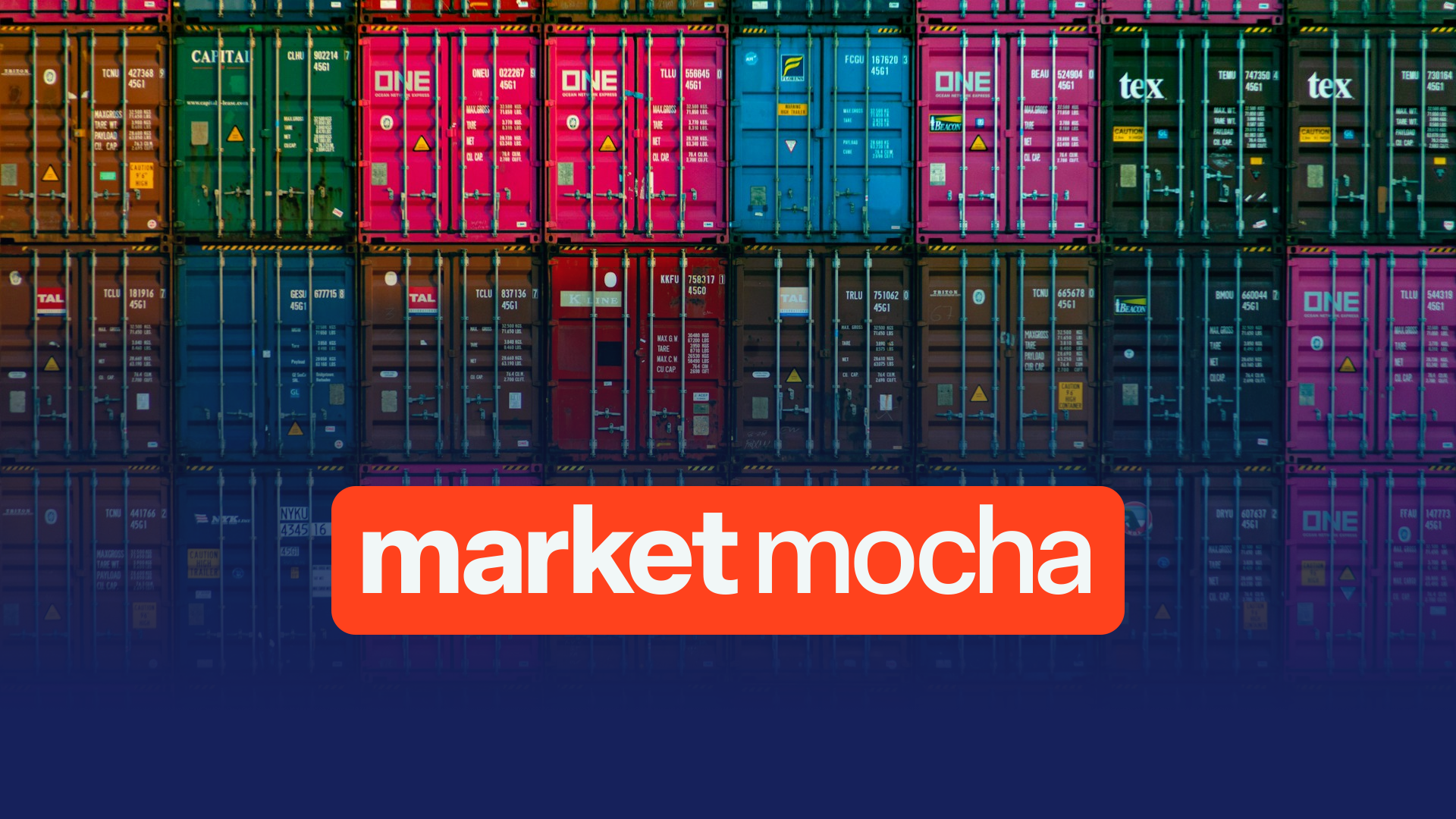Top US business leaders have issued a wave of warnings about President Donald Trump’s sweeping new tariff regime, cautioning that the policy risks igniting inflation, stalling economic growth, and triggering a crisis in global investor confidence. The rare, coordinated rebuke from Wall Street heavyweights reflects mounting fears that Trump’s trade agenda could backfire, tipping an already weakening US economy into recession.
In his closely watched annual letter to JPMorgan Chase shareholders, Chief Executive Officer Jamie Dimon wrote that the new tariffs are likely to raise prices on both imported and domestic goods—adding to inflation while slowing an economy already showing signs of fatigue.
“Whatever you think of the legitimate reasons for the newly announced tariffs… there are likely to be important short-term effects,” Dimon said. “We are likely to see inflationary outcomes, not only on imported goods but on domestic prices.”
Dimon, who previously downplayed tariff concerns in January, now says growth is at risk and warned of stagflation—a scenario where inflation remains elevated while economic activity contracts. “Whether or not the menu of tariffs causes a recession remains in question, but it will slow down growth,” he wrote.
He added that markets are still “pricing assets with the assumption that we will continue to have a fairly soft landing. I am not so sure.”
‘The canary is already sick’
Larry Fink, CEO of BlackRock—the world’s largest asset manager with over US$11 trillion in assets—struck an even more pessimistic note. Speaking at the Economic Club of New York, Fink said most business leaders he speaks with already believe the US is in recession.
“One CEO specifically said the airline industry is a proverbial canary in the coal mine—and I was told the canary is sick already,” Fink said.
He warned that Trump’s tariffs would fuel inflation and reduce the likelihood of interest rate cuts by the Federal Reserve this year. “This notion that the Federal Reserve is going to ease four times this year—I see zero chance of that,” he said. “I’m much more worried that we could have elevated inflation that’s going to bring rates up much higher than they are today.”
Ackman: ‘Economic nuclear war’
Billionaire hedge fund manager Bill Ackman, founder of Pershing Square, issued one of the strongest criticisms yet, likening the Trump administration’s tariff approach to an act of economic self-sabotage.
“By placing massive and disproportionate tariffs on our friends and our enemies alike… we are in the process of destroying confidence in our country as a trading partner, as a place to do business, and as a market to invest capital,” Ackman posted on X.
He warned that the US is on the verge of a “self-induced, economic nuclear winter,” and said the tariffs—set to hit dozens of countries on April 9—amount to an “economic nuclear war on every country in the world.”
Ackman added, “Business investment will grind to a halt, consumers will close their wallets and pocketbooks, and we will severely damage our reputation with the rest of the world that will take years and potentially decades to rehabilitate.”
Others join the criticism
Other prominent figures have also weighed in. Veteran investor Stanley Druckenmiller said he opposes tariffs above 10%, while Third Point’s Dan Loeb pointed to “conceptual as well as practical errors” in Trump’s tariff strategy, sharing a critical analysis from the American Enterprise Institute.
Loeb wrote that how the administration responds in the coming days “will be a test of the administration’s judgment versus ideology.”
Markets reeling from tariff shock
The warnings come as US equity markets continue to reel from the policy shock. The S&P 500 and Nasdaq suffered their worst week since the early COVID-19 panic of 2020, with companies such as Apple and Nike experiencing record losses as investors brace for higher costs, weaker profits, and trade retaliation.
Dimon, while stopping short of directly naming Trump in his 59-page letter, hinted at the geopolitical stakes. He warned against abandoning the post-World War II economic and military alliances that have underpinned decades of peace and prosperity.
“In the multipolar world that follows, it will be every nation for itself—giving our adversaries the opportunity to set the rules and use military and economic coercion to get what they want,” Dimon said.
While some CEOs—Dimon included—have historically aligned with Trump on issues like deregulation and trade imbalances with China, the breadth and severity of the new tariffs appear to have triggered a breaking point.
As Dimon put it: “This is one large additional straw on the camel’s back.”





